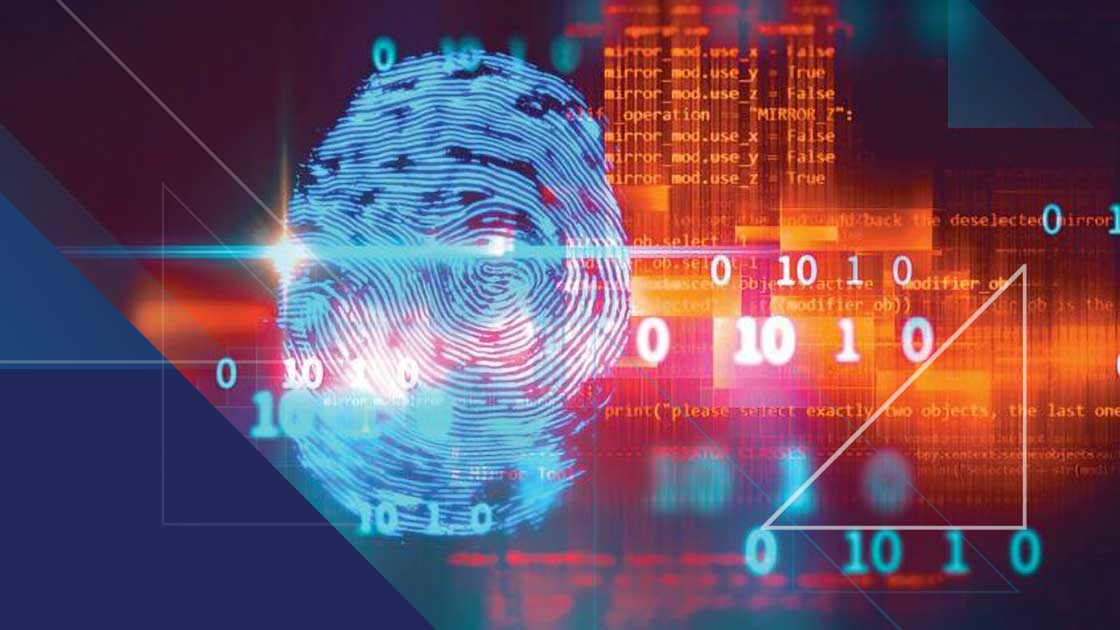The Identity Theft Resource Center (ITRC) has released its Q1 2025 Data Compromise Report, revealing an alarming start to the year for cybersecurity professionals and organizations alike. A total of 824 data compromises were tracked between January and March, affecting more than 91 million individuals through breach notifications – a stark reminder that personal data remains a prime target.
The financial services industry led all sectors with 193 reported compromises, underscoring its continued vulnerability as a high-value target for threat actors. This sector alone accounted for nearly a quarter of all reported incidents in the quarter, spotlighting the urgent need for financial institutions to strengthen defenses around customer data and account information.
Breach Blind Spots and a Massive Hit to Education
Perhaps even more concerning is the lack of transparency around attack methods. Sixty-eight percent (68%) of all breach notices in Q1 failed to identify the attack vector, such as phishing, ransomware, or unauthorized access. This marks a 3-point increase from 2024, limiting the ability of organizations and consumers to assess their exposure or adopt more targeted protective measures. This ongoing trend of incomplete reporting makes it harder for the industry to learn from breaches and prevent similar incidents.
The largest data compromise of the quarter came to the education sector, with breach to an educational technology platform company, leading to 71.9 million victim notices and accounting for the majority of the quarter’s total impact. The magnitude of this single event highlights the cascading effect that a single compromise can have across institutions and individuals, especially in industries like education, where sensitive student and family data is stored.
Strengthen Your Defenses with PCI-validated P2PE and Tokenization
With cyberattacks growing in volume and sophistication, real-time awareness and proactive defense strategies are critical. The ITRC’s Q1 report provides an early snapshot of breach trends that are likely to shape the rest of the year. While the half-year report is expected in July, organizations are urged to stay vigilant, review their incident response plans, and strengthen protections for personally identifiable information (PII).
One of the most effective ways to reduce the impact of data breaches is by encrypting PII at the point of interaction and replacing sensitive data with vaultless tokens. Technologies like PCI-validated point-to-point encryption (P2PE) and tokenization help render intercepted data useless, protecting consumers and limiting breach fallout – no matter the attack vector.
Bluefin is a leader in secure payment and data protection solutions. Our PCI P2PE solutions secure card data the moment it’s captured, while our ShieldConex® tokenization platform protects sensitive PII, PHI, and payment data across web, mobile, and backend systems. These technologies are vendor-agnostic work together to prevent data exposure, simplify compliance, and reduce the financial and reputational costs of a breach for every vertical.
Don’t wait for the next breach to act. Learn how Bluefin can help you protect what matters most: your data, your customers, and your brand. Explore our security solutions.








